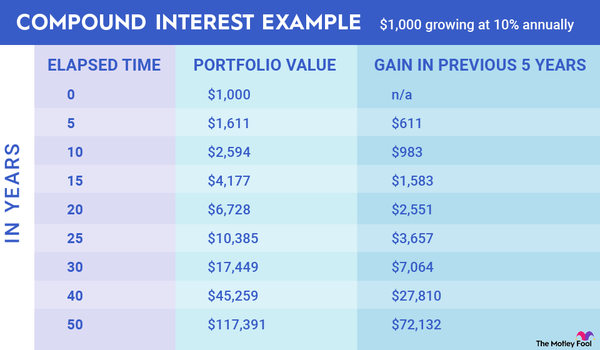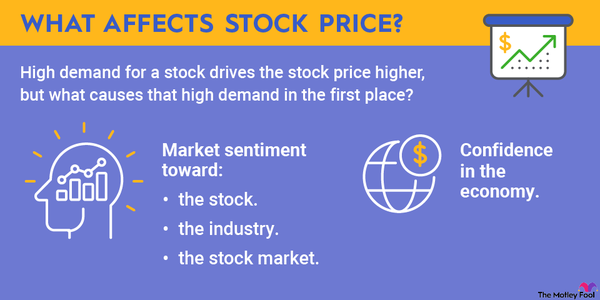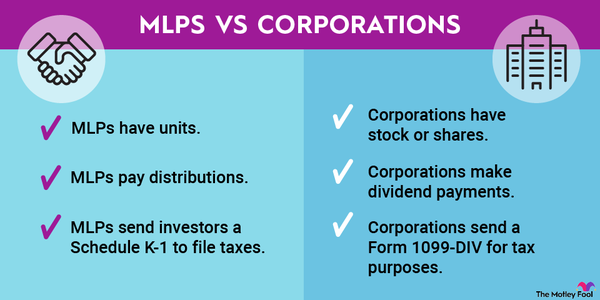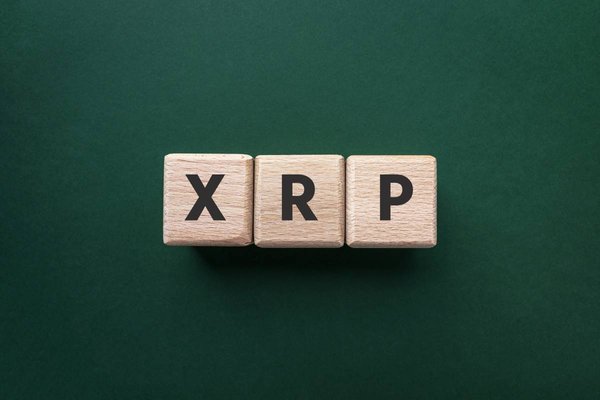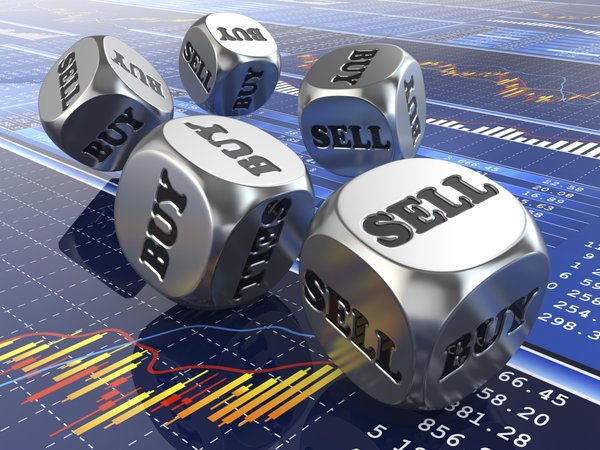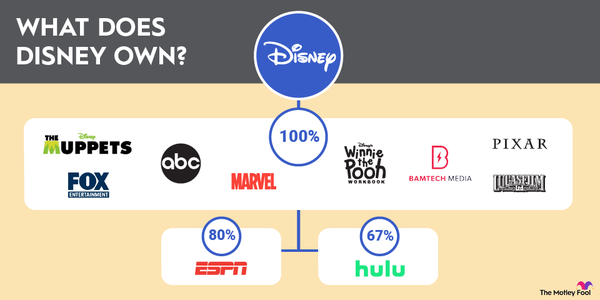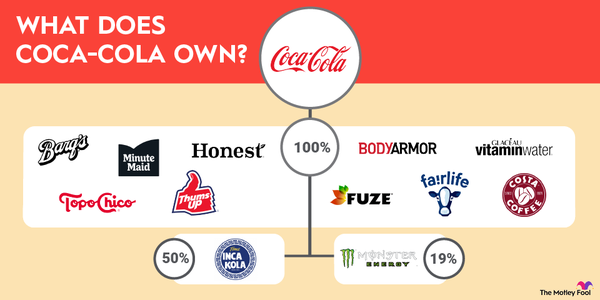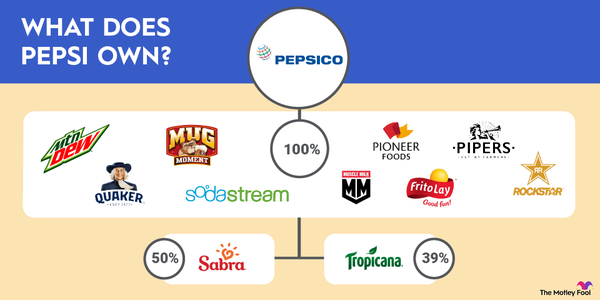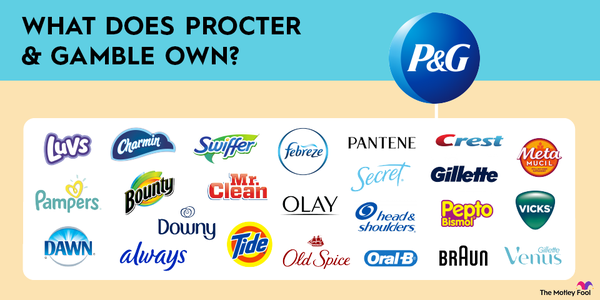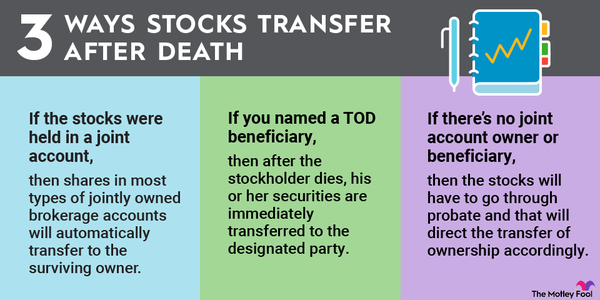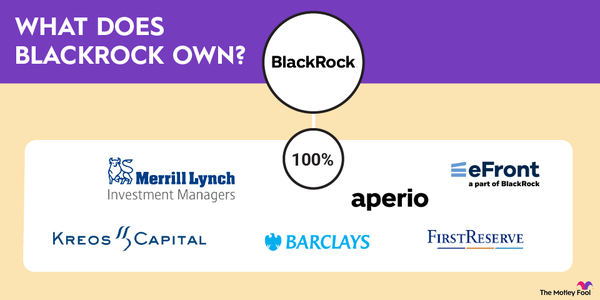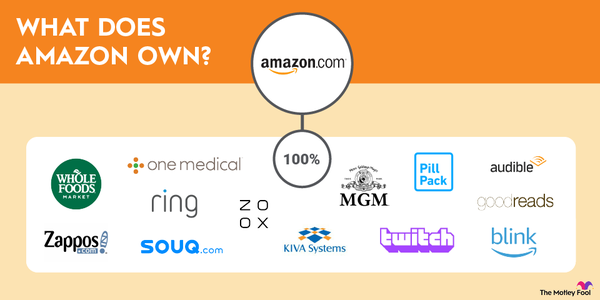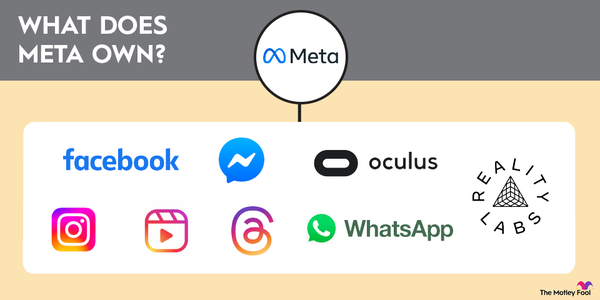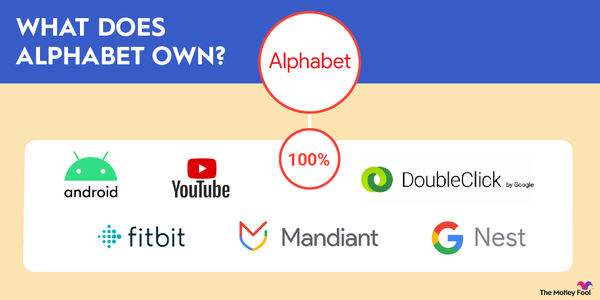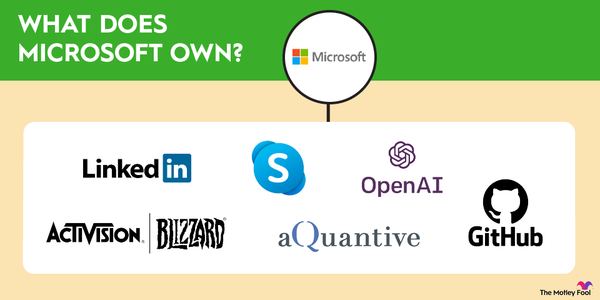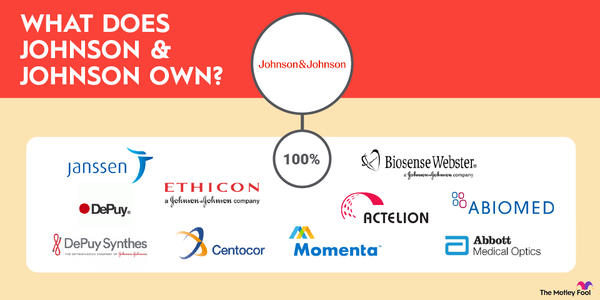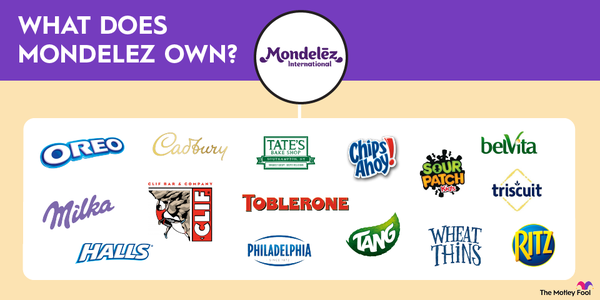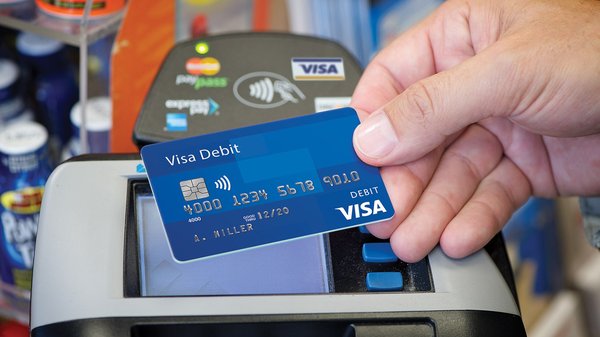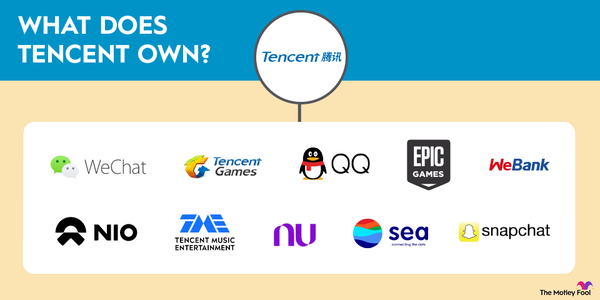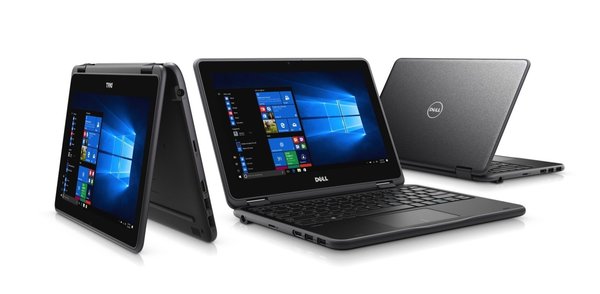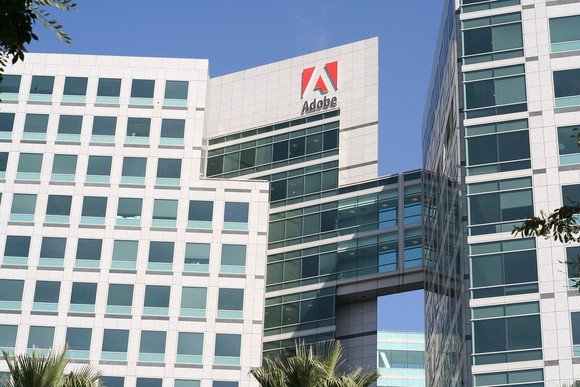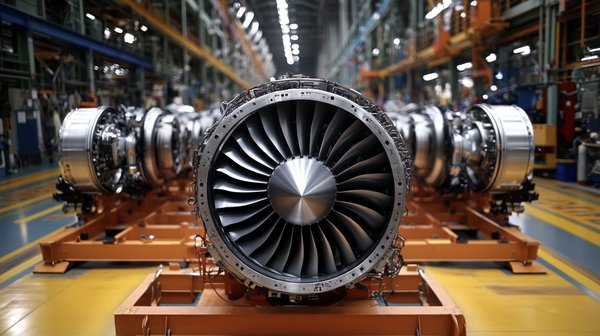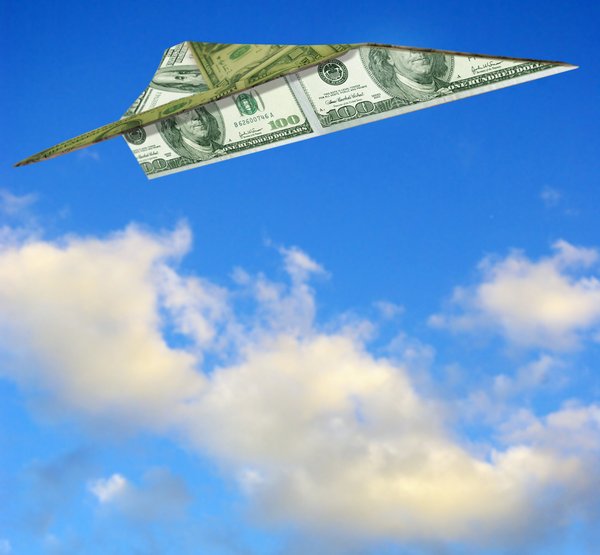Apple (AAPL -3.82%) is one of the largest companies in the world. It had the highest market capitalization at $3.5 trillion in early 2025. It makes several top-selling technology products like the iPhone, Mac series, iPad, and Apple Watch. The company also has a growing services business, including its App Store, Apple TV+, and Apple Pay.
Apple built many of its products and services by investing heavily in research and development (R&D). However, Apple buys other companies from time to time. It primarily buys start-ups to acquire talent (it famously reacquired the services of co-founder Steve Jobs) and technology rather than an operating business with salable products.
However, Apple has acquired several companies over the years that have been crucial to its product development. Here's a look at some of the notable companies it now owns and some that it could look to acquire in the future. Learning what Apple does and the companies it owns is a key aspect of investment research for those seeking to learn how to invest money in its stock.
List of companies
What companies does Apple own?
Apple is one of the largest technology companies in the world. However, it is a relatively straightforward business. It has organized its operations around its two revenue sources:
- Products: Apple sells several branded products, including its iPhone, Mac series, iPad, Apple Watch, AirPods, Beats, Vision Pro, and Apple TV.
- Services: The company also has a growing services business, including advertising, AppleCare, cloud services, digital content (e.g., App Store, Apple Music, Apple TV+), and payment services (including Apple Card and Apple Pay).
Apple makes most of its money selling products ($294.9 billion, or 75%, of its $391 billion of revenue in fiscal 2024). However, its services are a meaningful profit center ($71.1 billion, or 34% of its total gross margin in 2024, thanks to a much higher gross margin of 74% versus 37% for products).
Although Apple has primarily built its business from the ground up over the years, it has acquired a few notable companies that have contributed to its growth, including:
1 - 3
1. NeXT Software
Apple bought NeXT Software in 1997 for $427 million. The company developed hardware and software programs, including an operating system. However, the deal was more about acquiring talent by bringing co-founder Steve Jobs back to Apple (he founded NeXT in 1985, shortly after his removal from Apple). Jobs would go on to revitalize Apple by spearheading the development of the iPhone.
2. Siri Inc.
Apple bought Siri in 2010 for an undisclosed amount. Apple has integrated Siri's voice-activated personal assistance technology into most of its products, enabling customers to do everyday tasks like sending a text message or searching for something on the internet through voice commands.
3. AuthenTec
The company bought mobile security company AuthenTec in 2012 for $356 million. AuthenTec developed fingerprint sensor technology. The purchase provided Apple with the sensor technology to improve the security of its products and opened the door for it to enter the mobile payments market.
4 - 7
4. Beats Music and Beats Electronics
Apple bought subscription streaming music service Beats Music and popular headphone, speaker, and audio software company Beats Electronics from co-founders Jimmy Iovine and Dr. Dre in 2014. At $3 billion, it was Apple's biggest-ever acquisition. The purchase bolstered the company's products business (Beats headphones) and services segment (Apple Music).
5. Shazam
Apple bought Shazam in 2018 for about $400 million. The music recognition startup enhanced the music identification system built into Siri and its Apple music platform.
6. Intel's smartphone modem business
Apple bought the majority of Intel's (INTC -2.9%) smartphone modem business in 2019 for $1 billion. The deal enabled the company to acquire patents for current and future wireless technology. It helped Apple expedite the development of future products.
7. Pixelmator
Apple bought the popular image editing app Pixelmator in 2024. The deal will enable Pixelmator to reach an even bigger audience.
Potential acquisitions
What companies could Apple buy in the future?
Apple has bought a lot of companies over the years. However, most of its deals have been smaller purchases of talent and technology. Beats has been its biggest acquisition at $3 billion -- a drop in the bucket for the multitrillion-dollar technology titan.
The company has the financial firepower to acquire almost anything it would want to buy. Apple ended its fiscal fourth quarter of 2024 with $134.1 billion in cash, cash equivalents, and marketable securities against $106.6 billion in debt. The company is also a cash-flow machine. It produced $118.3 billion in operating cash flow during the last 12 months, returning $104.9 billion to shareholders through dividends and repurchases.
Despite its massive cash war chest, Apple will likely continue to focus on smaller deals. A recent focus has been on artificial intelligence (AI) startups, with the tech giant buying dozens over the past few years, including WaveOne, DarwinAI, and Datakalab. These deals provided it with the technology to help launch Apple Intelligence in 2024. The acquisition spree will likely continue, with most deals falling under the radar of investors.
However, CEO Tim Cook has said in the past that Apple looks at many opportunities, including large ones. While it hasn't found the right one yet, Cook hasn't ruled out a mega deal. With that in mind, here are some companies analysts have speculated it might buy if it opted to use its financial firepower on a major deal.
Electric vehicles
One potential avenue it could explore is buying an electric car company. Apple abandoned the pursuit of building an electric vehicle (EV) after shutting down its Project Titan in 2024 due to cost overruns and a lack of progress. The company had poured a reported $10 billion into the project to develop a fully autonomous vehicle. Pulling the plug on the project has led analysts to speculate it might instead turn its attention to buying a company that has already developed an EV.
The company has lots of options. It could buy an EV startup like Rivian (RIVN -3.48%) or Lucid (LCID -4.92%). Like most start-ups, these companies are burning through cash as they develop and launch new products, so they could benefit from becoming part of a more deep-pocketed company like Apple.
Another option is to go big by acquiring the industry leader, Tesla (TSLA -5.06%). While Apple couldn't buy the automaker and technology company with cash, given Tesla's mammoth market cap of nearly $1.3 trillion, it could certainly afford the deal by using its stock. However, it might not be easy to convince the company's shareholders or its leader, Elon Musk, to sell.
Streaming content and VR
Given that Apple abandoned its pursuit of developing a car, it might shift its focus to growing one of its existing product or service lines. If it wants to make a needle-moving deal, it has lots of other options. For example, it could acquire a content company like Disney (DIS -2.52%) or Paramount Global (PARA -1.2%).
Disney would be an interesting fit. It has a growing streaming empire (Disney+, Hulu, and ESPN+) that Apple could add to its services business, which also includes streaming service Apple TV+. Apple wants to get more into live sports, which makes ESPN a potential strong strategic fit. It could combine all those services into a cable-like package. Another way Disney could fit within Apple is to create more immersive experiences by leveraging its virtual reality (VR) expertise. The company launched its Vision Pro VR headset in 2024. It could add immersive content from Disney to that platform, like Star Wars and Avatar-type virtual worlds. Meanwhile, Apple could eventually use its VR technology to create immersive experiences at Disney parks and resorts.
Paramount Global would offer Apple another way to grow its services business. The company owns several premier content brands, including CBS and Nickelodeon. It also has a streaming service (Paramount+) and expertise in live sports.
Financial technology
Another potential acquisition option is to expand its payment services capabilities by purchasing a company like PayPal (PYPL -2.68%). The financial technology company owns its namesake payment platform and Venmo. It also owns the Honey shopping extension. Acquiring PayPal would significantly expand Apple's payment services business.
Fitness
Apple has also gotten into the fitness sector through wearable technology (Apple Watch) and its Apple Fitness+ service. It could expand both categories by acquiring a fitness product and service company like Peloton (PTON -1.92%). An acquisition of Peloton would give Apple a large installed user base (3 million subscribers) to grow its health platform. It could potentially offer integrated health and fitness products and services with the Apple Watch, Vision Pro, and Peloton.
Related investing topics
The bottom line on companies Apple owns
Apple has bought many companies over the years. Most of its deals have been to acquire talent or technology, not products. It will likely continue with that strategy.
However, the company has the financial fortitude to make a needle-moving deal. It could consider many pathways, depending on what aspect of its business it wants to beef up through an acquisition. A deal could enhance shareholder value, especially if it accelerated Apple's growth rate by adding another high-margin service business to its ecosystem that could further enhance Apple's appeal as a great stock to buy and hold for the long term.
FAQs
Companies Apple owns: FAQs
What businesses does Apple own?
Apple has two business segments: products and services. Its products include iPhone, the Mac series, iPad, Apple Watch, AirPods, Beats, and Apple TV. Meanwhile, services include AppleCare, cloud services, App Store, Apple TV+, Apple Card, and Apple Pay.
What company owns Apple?
No company owns Apple. It's a publicly traded company owned by its shareholders. Most of Apple's largest shareholders are asset management companies that own shares on behalf of their mutual fund and exchange-traded fund (ETF) clients. The Vanguard Group was its largest shareholder at 8.9% of Apple's outstanding shares in early 2025. Meanwhile, BlackRock (NYSE: BLK) and State Street (NYSE: STT) were its second- and third-largest shareholders at 4.8% and 3.9%, respectively.
Apple's largest individual shareholder was Warren Buffett's Berkshire Hathaway (NYSE: BRK.A)(NYSE: BRK.B) at 2% of its outstanding shares. Apple was Berkshire's largest investment at 24% of its investment portfolio.
What does Apple invest in?
Apple makes significant investments in R&D to develop new technologies and enhance existing products and services. It poured a record $31.4 billion into R&D in 2024. It's investing heavily in AI to create generative AI products and tools.
The company also invests its cash into various cash equivalents and marketable securities. Apple invests in money market funds, mutual funds and equity securities, U.S. Treasuries, certificates of deposit (CDs), corporate debt, and mortgage-backed securities (MBS).













